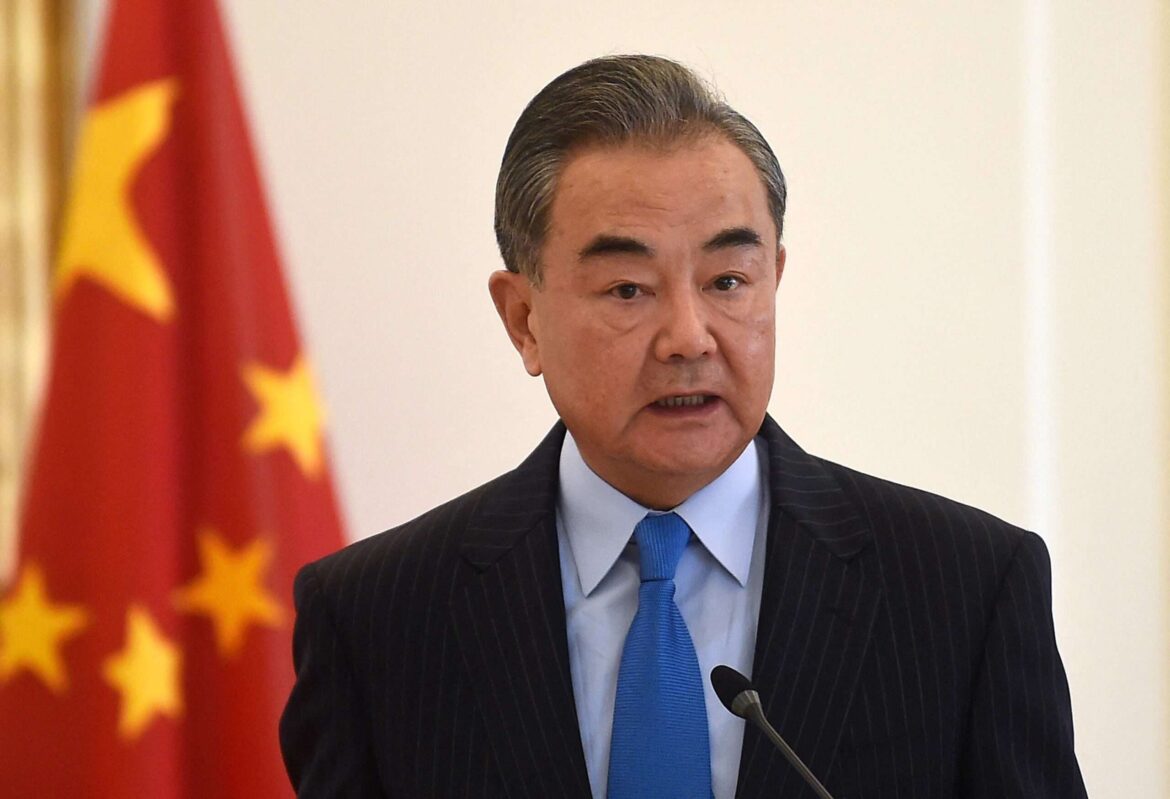In February 2025, Foreign Minister of China, Wang Yi, attended the G20 Foreign Ministers’ meeting in Johannesburg, a visit marked by significant milestones for both China and Africa. This year not only commemorates the 35th anniversary of key moments in international relations, but it also underscores the strength of China-Africa cooperation, a bond that has been growing since the 1990s. Wang Yi’s first foreign visits in January and February 2025 were to Africa, a continuation of China’s longstanding diplomatic tradition of prioritizing the continent in its foreign policy agenda. These visits hold historical significance, marking 35 years since the Communist Party of China (CPC) initiated its first diplomatic outreach to Africa under General Secretary Jiang Zemin’s leadership in 1990. This moment was pivotal in shaping China’s relationship with African nations. Similarly, February 2025 marks 35 years since Nelson Mandela’s release from 27 years of imprisonment, an event celebrated across Africa, China, and the world.
Wang Yi’s visit to Namibia, the Republic of Congo, Chad, and Nigeria in January 2025 was aligned with the goals of the 2024 Forum on China-Africa Cooperation (FOCAC) Beijing Summit. The purpose of the visit was to solidify the outcomes of the summit and promote further cooperation across various sectors. Wang Yi’s visit emphasized China’s commitment to long-standing solidarity with Africa, a partnership that dates back to the 1960s when China supported African liberation struggles, including the construction of the Tazara railway line linking Zambia and Tanzania. Today, China continues to invest in modernizing and refurbishing this landmark project, reinforcing its ongoing commitment to Africa’s development.
China’s push for a stronger relationship with Africa is further demonstrated through the FOCAC Beijing Action Plan (2025-2027), which prioritizes a broad range of initiatives aimed at advancing modernization for both China and African countries. These initiatives include mutual learning between civilizations, trade and industrial cooperation, development assistance, healthcare, green development, and promoting people-to-people exchanges. This forward-thinking approach builds on a shared vision of prosperity and mutual respect, offering new avenues for collaboration between China and Africa over the next three years.
China’s engagement with Africa is not only centered on development but also involves addressing global governance challenges. As the G20 Foreign Ministers’ meeting in Johannesburg approached, the event was seen as an opportunity for Africa to solidify its voice on the global stage. In 2025, South Africa is hosting this crucial event, marking another momentous occasion for the continent. The hosting of the G20 Foreign Ministers’ meeting comes just ahead of the G20 Summit, which will take place in Johannesburg in November 2025. China, alongside South Africa, has emphasized the importance of an inclusive global governance system, with Africa having a greater role in shaping international decision-making.
While global challenges persist, including the ongoing Ukraine war, the conflicts in Sudan and the Democratic Republic of the Congo (DRC), and tensions in the Middle East, China’s foreign policy remains focused on multilateralism and constructive diplomacy. Wang Yi’s statements, delivered at the Munich Security Conference (MSC) in February 2025, reinforced this commitment to multipolarity—a world order in which all countries, regardless of size or strength, have a seat at the table. In his address, Wang Yi warned against the dangers of dominance by powerful nations and called for cooperation rather than confrontation. He stressed that protectionism and arbitrary tariffs would only exacerbate global tensions, advocating for an equal and cooperative international framework.
China’s diplomatic stance, especially concerning Africa, is grounded in its Five Principles of Peaceful Coexistence, which have been central to its foreign policy for 70 years. These principles emphasize mutual respect, non-aggression, non-interference, equality, and peaceful coexistence—values that guide China’s relations with Africa. China’s support for Africa’s independence, self-reliance, and development has remained steadfast, offering a cooperative alternative to the often exploitative approaches of other global powers. As Wang Yi prepares for the G20 meeting in Johannesburg, the discussions are expected to include Africa’s increasing role in global governance, particularly in the context of its entry into the G20, which China has strongly supported.
This year also marks a critical juncture in the global geopolitical landscape. The United States, under President Donald Trump, has recently threatened trade wars, cut off development aid to several African countries, and expressed hostility toward South Africa’s land reform policies and its stance on the Israeli-Palestinian conflict. South Africa, however, has stood firm in its defense of its sovereignty and human rights, rejecting foreign interference and continuing to push for multilateral solutions. In a statement supporting South Africa’s G20 role, China reiterated its commitment to multilateralism and global solidarity, particularly regarding ongoing humanitarian crises such as the situation in Gaza. China’s position on Gaza emphasizes the protection of Palestinian rights and calls for international cooperation in providing humanitarian aid and reconstruction, aligning with South Africa’s stance on the issue.
Wang Yi’s statements at the Munich Security Conference echoed China’s broader vision for a multipolar world order, one that does not succumb to domination by major powers or the whims of a few. He stressed that a fair, open, and cooperative international environment is necessary to address the challenges of our time. This vision is particularly relevant as the global landscape faces instability and uncertainty, from the war in Ukraine to regional conflicts across Africa and the Middle East.
As China continues to deepen its cooperation with Africa, it does so with a vision rooted in equality, mutual benefit, and the shared pursuit of a peaceful and prosperous future. The 35-year relationship between China and Africa is built on solid foundations of respect and partnership. With this in mind, China’s engagement with Africa and its role in global governance will be key in shaping the future of international relations. Through continued collaboration, China and Africa can work together to address global challenges and promote a just and equitable global order.
